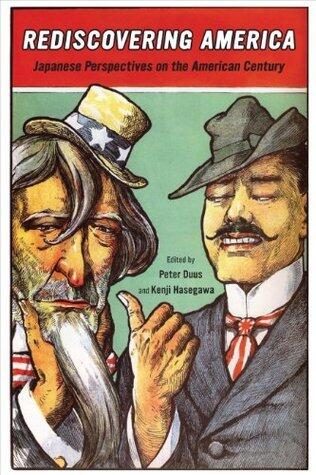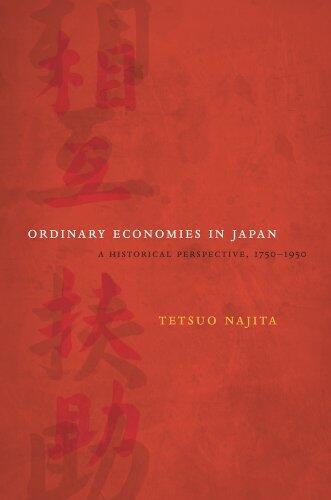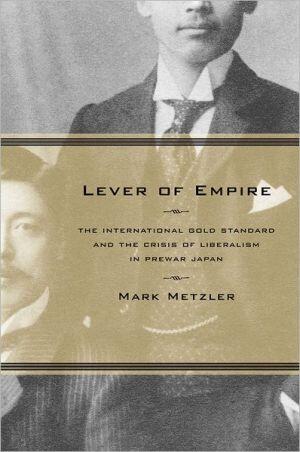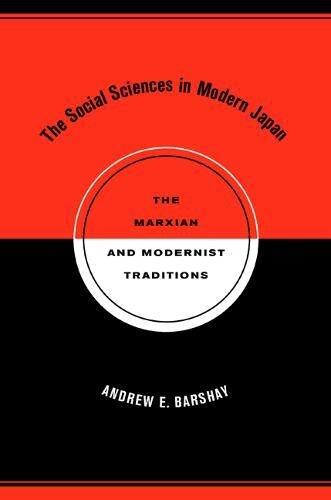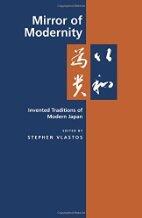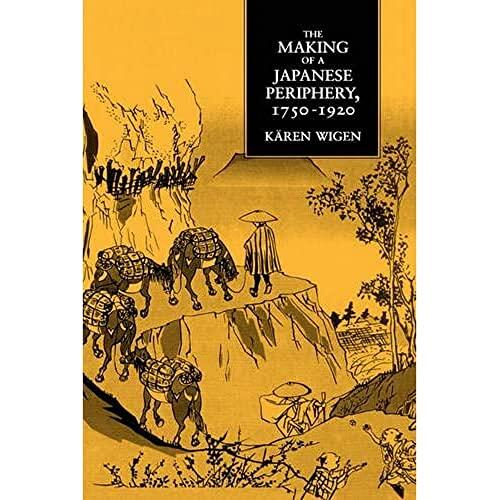
Complicit Fictions: The Subject in the Modern Japanese Prose Narrative
بواسطة
James A. Fujii
لا توجد تقييمات بعد
Romance
History
Manga
تنسيق
غلاف ورقي
صفحات
308
لغة
الإنجليزية
منشور
Mar 4, 1993
الناشر
University of California Press
رقم ISBN-10
0520077709
رقم ISBN-13
9780520077706
الوصف
James A. Fujii delves into the intricate relationship between narrative and identity in modern Japanese prose, exploring how these elements intertwine to shape societal understanding. By examining the complexities of characters and their connections to the cultural and historical contexts of Japan, Fujii offers a fresh perspective that moves beyond conventional literary criticism. He emphasizes the importance of recognizing the subtleties of subjectivity within these narratives, revealing how authors weave personal and collective experiences into their works.
Throughout the analysis, Fujii navigates through compelling examples of twentieth-century literature, showing how the narratives reflect the shifting dynamics of modern Japanese society. He reveals how writers have grappled with themes of complicity, alienation, and the search for self in a rapidly evolving world. This exploration not only enriches the understanding of Japanese literature but also invites readers to consider broader implications of narrative in shaping identity and social consciousness.
By challenging established norms, Fujii ultimately sheds light on the multifaceted nature of modern prose, urging scholars and enthusiasts alike to reconsider the role of fiction as a powerful lens through which to view the complexities of the human experience in Japan and beyond.
Throughout the analysis, Fujii navigates through compelling examples of twentieth-century literature, showing how the narratives reflect the shifting dynamics of modern Japanese society. He reveals how writers have grappled with themes of complicity, alienation, and the search for self in a rapidly evolving world. This exploration not only enriches the understanding of Japanese literature but also invites readers to consider broader implications of narrative in shaping identity and social consciousness.
By challenging established norms, Fujii ultimately sheds light on the multifaceted nature of modern prose, urging scholars and enthusiasts alike to reconsider the role of fiction as a powerful lens through which to view the complexities of the human experience in Japan and beyond.

